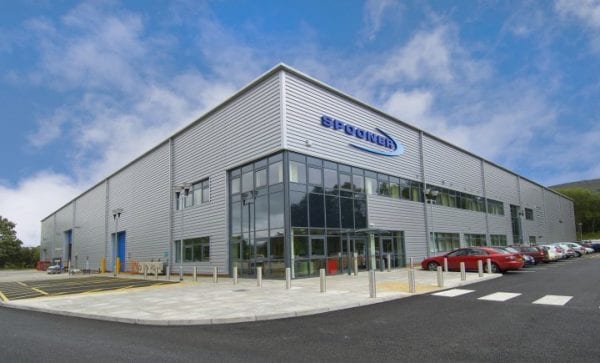Latest insight from Kura shows that it is not all economic doom and gloom out there, as there are some industry sectors and companies bucking the COVID downturn during 2020.
Kura specialises in providing dedicated coach or minibus transport for company staff between central hubs and client offices, call centres, outlets, warehouses or factories. As a business service or growth enabler, we have helped many of the UK’s companies survive and thrive during COVID since the Spring.
Feedback from Kura’s customers indicates the winners in 2020 have been those with strong leadership, quick decision making and a successful sales & distribution strategy. Their agility, creativity and fast pace has allowed these companies to thrive during the COVID impacted downturn versus competitors slow to react to changing customer needs or struggling with digital technology. It is not just their bottom lines that have benefited but more importantly the wellbeing and productivity of their teams.
Kura’s findings are unsurprisingly corroborated by LinkedIn’s latest “Who’s Hiring in UK” data from this week, which reveals which companies are advertising 50+ jobs on their platform during the COVID downturn. These range from stable, reliable categories of Government, Defence & Space, Financial Services, Telecoms and Healthcare through to high growth Data and Tech sectors .
Homeworking increasing air pollution
Whilst the Government has urged most employees to minimise commuting to curtail COVID infection growth rates, the nature of many roles makes this impossible, so what is the emissions impact? Roger Harrabin, the BBC Environment analyst highlights insight from think tank ECIU that “air pollution in big UK cities could increase as so many people are now working from home”. This is based on computer modelling that predicts UK boiler use will rise by a massive 56% this winter as due to COVID:
- most offices will continue to be heated for the minority that need to be there.
- the huge increase in homeworking will spike domestic heating usage.
Also, Plus NOx emissions from cars will stay roughly the same, because although fewer people commuting, many are using cars when previously they would have taken buses or trains. As boiler gas burning accounts for 21% of total NOx emissions across Greater London, this overall increase in energy use may drive up pollution to levels high enough to offset the last two years’ worth of progress on reducing traffic emissions, and could even threaten the UK’s legally binding air quality targets.
And with confidence in public transport still low, the resulting road congestion levels during the peak, especially in conurbation areas, are becoming unbearable. Andrea Lee, from the environmental law charity Client Earth, explains that “Road transport remains the biggest source of illegal levels of air pollution across the country. “Evidence shows that Clean Air Zones, alongside support for people to move to cleaner forms of transport, are the most effective ways to slash harmful nitrogen dioxide pollution coming out of vehicle exhausts”.
Dedicated staff transport is the smart choice
A large number of companies in the growth sectors highlighted earlier are proving that via ambitious environmental strategies you can boost productivity without increasing emissions. This extends to transport where some of Kura’s customers are taking direct action and providing a dedicated shuttle service for staff to get to and from their place of work. One of these forward thinking businesses is manufacturing business Spooner Industries, which through use of a shuttle for nightshift staff was able to maintain 24 hour production levels during the Summer, whilst also minimising the risk of an infection outbreak amongst its workforce.
Even though Spooner Industries staff numbers travelling varied by day, Kura was able to provide vehicles in a range of sizes, so providing passengers with peace of mind that they can commute safely and comfortably, whilst always observing social distancing guidelines. By using the service, Spooner Industries employees saved, on average, 88 miles per shared journey that many would have previously spent in cars – equating to more than 8,800 miles in total, and a 32% reduction of CO2 emissions – the equivalent over a full year of planting 35 trees.
To explore further the safe, comfortable, environmentally friendly way to transport your staff, visit our new Business page or download our Safe Transport Guide.

